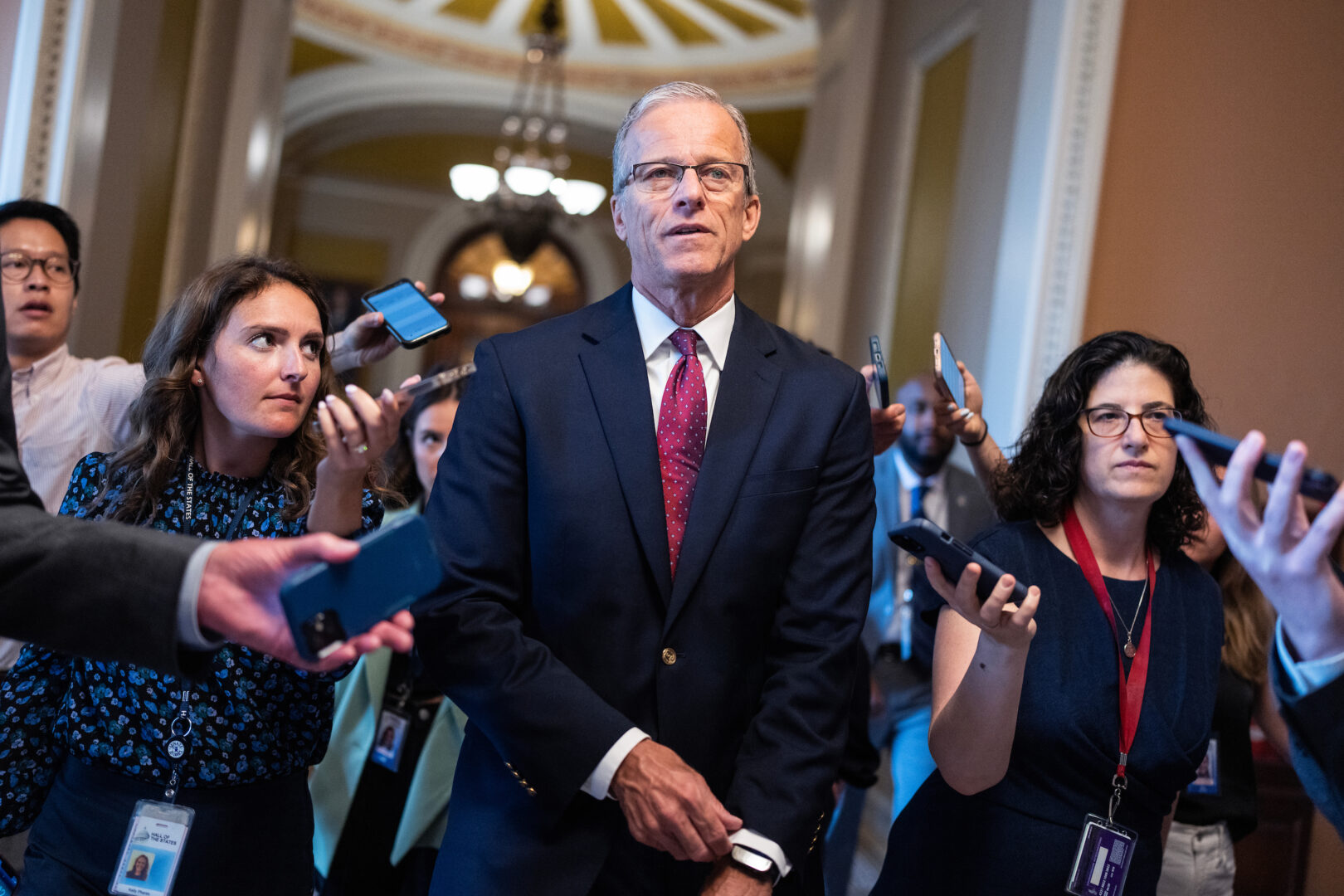Now Reading: A look at key flashpoints in the coming Senate reconciliation debate
-
01
A look at key flashpoints in the coming Senate reconciliation debate
A look at key flashpoints in the coming Senate reconciliation debate

In the upcoming weeks, the Senate will face a complex set of challenges from various factions within the Republican party, lobbyists, and stakeholders as they aim to adjust and approve the House-passed budget bill. Democrats are preparing to challenge the filibuster-proof bill using procedural methods, specifically scrutinizing it for compliance with the “Byrd rule” to remove any extraneous provisions. The timeline to finalize the bill by the July Fourth recess is ambitious, with some seeing the August recess as a more realistic deadline.
Key issues to monitor as the Senate approaches the reconciliation debate include concerns about Medicaid provisions potentially impacting rural health care facilities, disagreements over SNAP benefits cost-sharing, debates over clean energy tax credits, and conflicting views on spectrum access for military and commercial use. Immigration-related issues, such as funding for border wall construction, are also expected to undergo significant changes during Senate discussions.
Republican senators, including Josh Hawley, Susan Collins, and Lisa Murkowski, have reservations about the House bill’s Medicaid provisions, particularly restrictions on state taxes for health care providers. Meanwhile, Sen. Charles E. Grassley’s opposition to cost-sharing for food stamps may lead to significant disparities between the Senate Agriculture Committee’s reconciliation provisions and those in the House bill.
On the topic of clean energy tax credits, Senate Republicans are divided between preserving or eliminating them, adding uncertainty to the bill’s outcome. Spectrum access for military and commercial communications is another contentious issue, with concerns raised about preserving the Pentagon’s access to critical radio wave bands.
In the realm of immigration, Sen. Rand Paul has expressed doubts about the budget bill’s allocation for border wall construction, while Sen. Lindsey Graham has proposed increased spending for border security and national security in the Senate bill. These contrasting viewpoints highlight the complexities surrounding key issues as the Senate delves into the reconciliation process.






